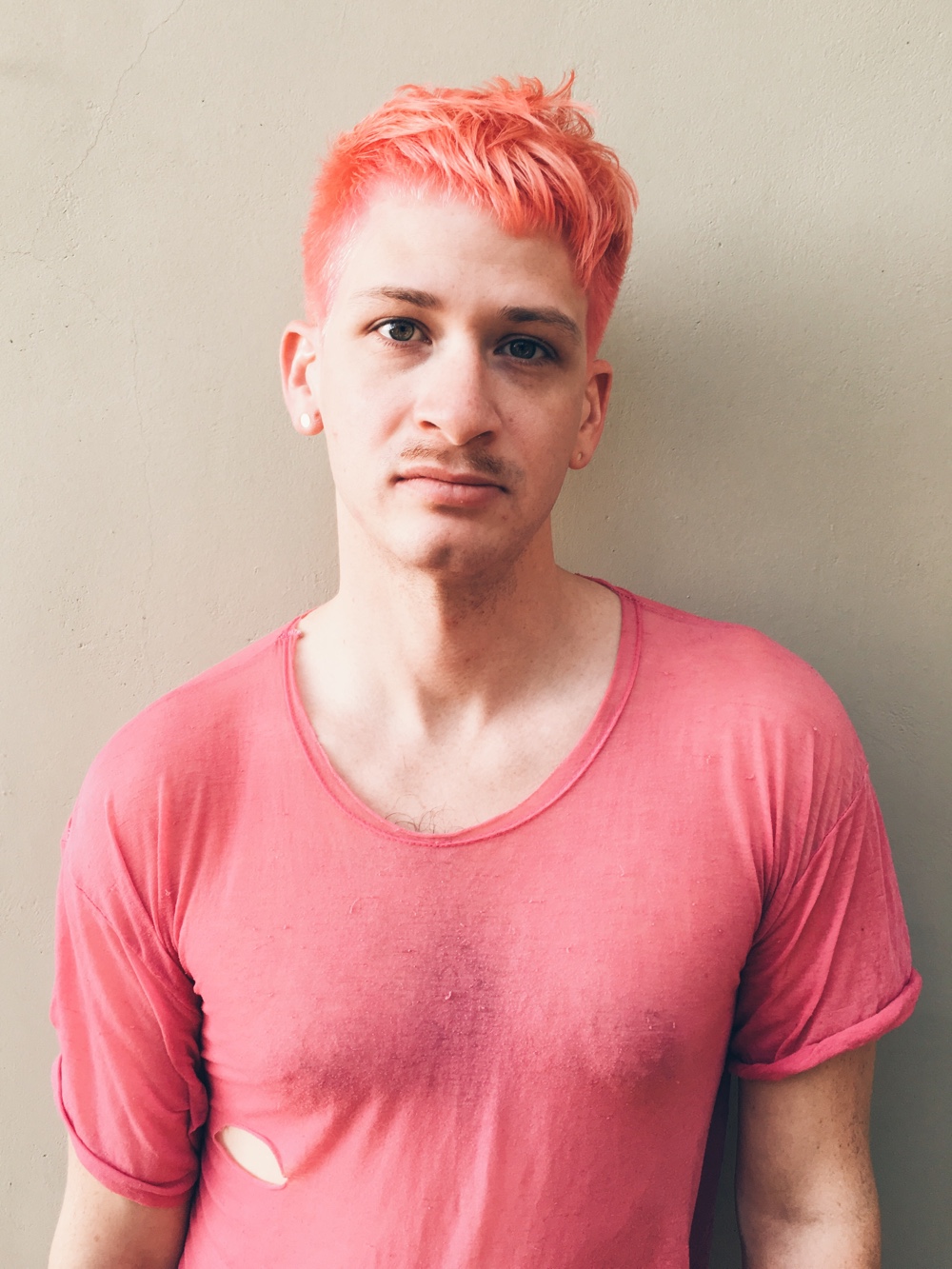The Portland Hero Wants You to Stop Donating to Him

By:
Many have applauded the heroism of Micah David-Cole Fletcher, who was stabbed while attempting to protect two teen girls from a hate crime recently in Portland, Ore. Two other men died fighting off the violent white supremacist attacker, who now faces murder charges.
But Fletcher has a message for all those reaching out to him with financial support: No donations, please.
In a six-minute video posted to Facebook, Fletcher explained that the focus needs to be on the teenagers targeted in the hate crime.
Fletcher wants to shift public focus to 16-year-old Destinee Magnum and her 17-year-old friend who was wearing a hijab, as the black girls were the actual targets of the attack. Prosecutors say the attacker yelled at the girls to "go home" and mentioned Saudi Arabia in a profanity laced tirade before anyone stepped in.
Fletcher started the video by quickly thanking viewers before stressing how a stabbing would harm a young person’s mind. "The little girl who had the misfortune that day to experience what happened on that night, her life is never going to be the same,” he said.
“We need to remember that this is about them,” he continued. “Yes, two men died. Yes, I was injured...We need to remember that this is about those little girls.”
The video also noted that the mentality of supporting someone like him in this situation propels the notion of the white savior.
“We in Portland have this weird tendency to continue patterns that we’ve done forever, and one of them is this same old, just to put it bluntly, white savior complex,” Fletcher said. “I have no interest in being dishonest... I think it’s immensely, immensely morally wrong and irresponsible how much money we have gotten as opposed to how much support, money, love, kindness, that has been given to that little girl.”
The idea of the white savior—of a privileged, typically white person stepping in to help a person of color—hinges on the notion that the person doing the saving gets more attention than the victim.
As writer Teju Cole noted for “The Atlantic” in response to the popular Kony 2012 movement, the white savior complex is a “valve for releasing the unbearable pressures that build in a system built on pillage.” Efforts to help via the savior do not go beyond the surface to reach those who are marginalized, Cole says.
Fletcher highlighted that you can support the young women by donating to them directly.
Along with the hashtag #ChangeHerDestinee, Fletcher reminded those hoping to help that “they are the real victims here.”
The effort to raise money for the two young women has raised over $90,000 and will go to support their families' basic needs along with help for their mental and emotional health.
Magnum’s mother, Dyjuana Hudson, added that some of the funds would go toward procuring a vehicle since she can no longer trust public transportation after the incident.
Magnum and Hudson are very thankful for the help and attention raised by people like Fletcher—but they need space to heal.
“We’re very appreciative of what is being done for us,” Hudson said in a video posted to Facebook. “Even though there were guys that gave their lives for my girls, we still just want to say we really appreciate what’s being done.”
Both Magnum and Hudson expressed deep thanks in tandem with a need for space to process. “When the time comes, we will come forth and be willing to give any information that is needed or wanted,” Hudson said. “For right now, it’s all too much to keep re-hashing it over and over again.”
